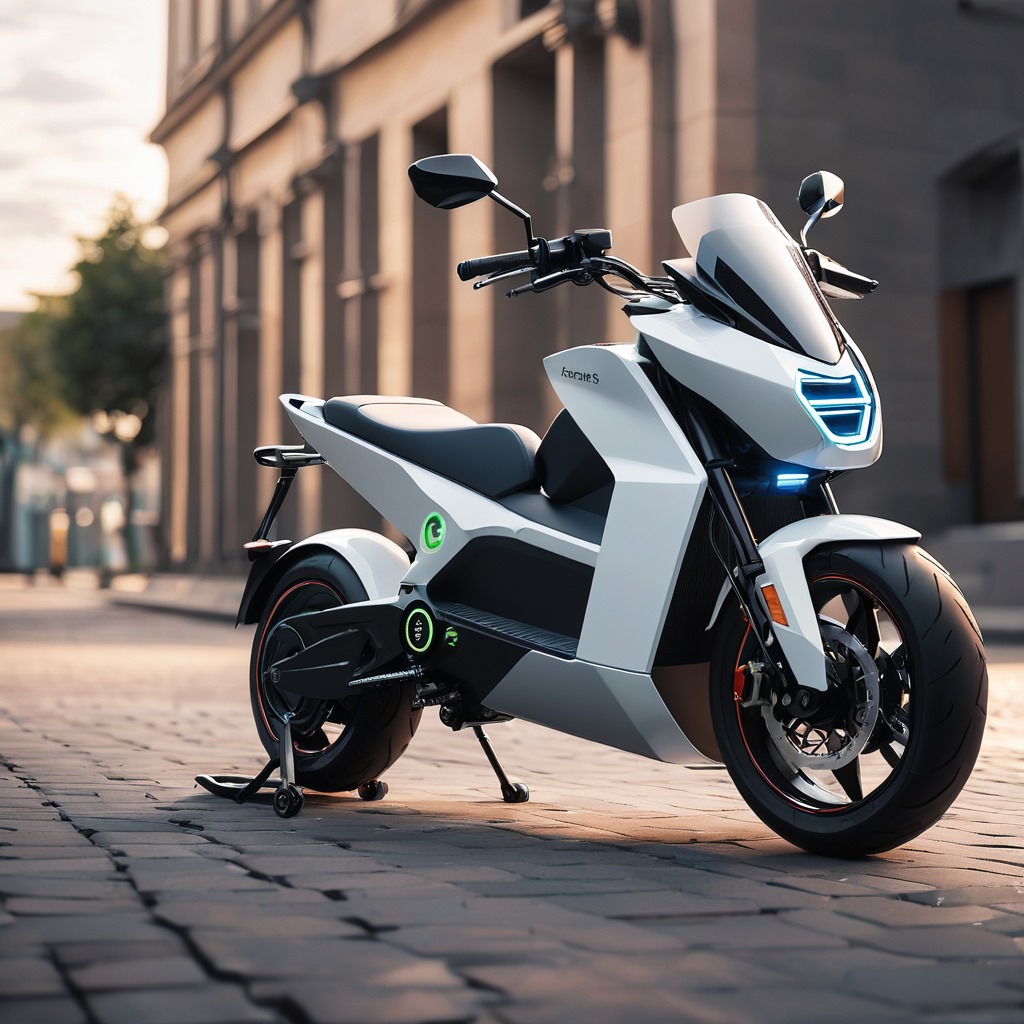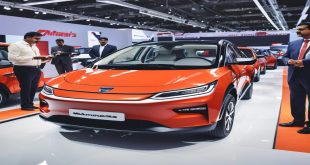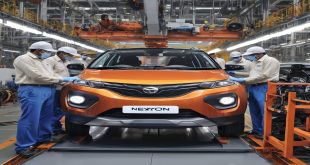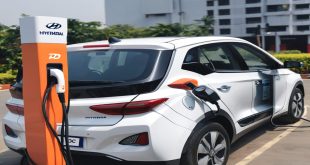Electric motorbikes are one market segment that is well-positioned to spearhead the transition to a sustainable future within the quickly changing category of electric vehicles (EVs). Electric motorcycles are beginning to look like a practical and greener option to conventional gasoline-powered motorcycles thanks to developments in battery technology increased performance and rising consumer interest. This article examines the factors that are propelling the growing popularity of electric motorbikes in the EV market as well as the possible implications for urban mobility in the future.
The Emergence of Electric Motorbikes: A Transportation Paradigm Change?
After being viewed as a niche product, electric motorcycles have seen a sharp increase in demand in recent years. Customers are shifting more and more to electric cars as a greener and more sustainable form of transportation as worries about air pollution climate change and energy security grow. Electric motorbikes are superior to their gasoline-powered counterparts in a number of ways such as lower maintenance costs fewer emissions and quieter more comfortable rides. They have therefore become more popular with urbanites eco-aware commuters and enthusiasts.
Technological Progress Fueling Adoption: The quick development of battery technology is one of the main reasons behind the rise in the popularity of electric motorbikes. Electric motorbikes can now travel farther and charge more quickly thanks to advancements in lithium-ion battery technology which powers these vehicles. Furthermore, electric motorcycles can now compete with gasoline-powered motorcycles in terms of speed, acceleration, and handling thanks to developments in electric motor technology. These technological developments have been instrumental in removing adoption barriers and increasing the appeal of electric motorcycles to a broader range of consumers.

Economic and Environmental Gains: There are several financial and environmental advantages to switching to electric motorcycles. Cities can create cleaner air healthier communities and a more sustainable urban environment by substituting electric vehicles for gasoline-powered ones and lowering air pollution noise pollution and greenhouse gas emissions. Furthermore, because they require less maintenance, have cheaper fuel than gasoline-powered motorcycles, and are eligible for government subsidies, tax breaks, and rebates, electric motorcycles are more affordable to operate than their gasoline-powered counterparts. Therefore for buyers wishing to cut costs while lessening their environmental impact electric motorbikes present a strong value proposition.
Trends in Industry and Market Dynamics: Technology advancements rising demand and government policies that encourage it are all contributing to the electric motorbike markets explosive growth. Leading automakers are making significant investments in the development and manufacturing of electric motorbikes introducing new models with improved features longer ranges and quicker charging times. These manufacturers include both well-established companies and up-and-coming startups. Additionally electric motorbikes are becoming more popular in developing nations where they provide urban commuters with an affordable and sustainable mode of transportation. In the upcoming years electric motorbikes should become more widely available and commonplace as battery technology advances and economies of scale reduce production costs.
Opportunities and Challenges in Infrastructure: Although the use of electric motorcycles has great potential there are infrastructure and charging infrastructure-related issues to consider. The development of the charging infrastructure including public charging stations fast-charging networks and battery swapping facilities is a requirement for governments utilities and private stakeholders to support the widespread adoption of electric motorbikes. Furthermore the provision of subsidies grants and tax breaks may incentivize individuals to convert to electric motorbikes and expedite the establishment of charging infrastructure in marginalized regions. Policymakers can expedite the adoption of electric motorbikes and fully realize the potential of sustainable urban mobility by tackling these infrastructure challenges and creating a regulatory environment that is supportive.
Conclusion: the way in the Electric Revolution.
In conclusion, the shift to a cleaner, greener, and more sustainable transportation system is one in which electric motorbikes are positioned to play a major role. With developments in battery technology enhanced functionality and rising customer acceptance electric motorbikes present a strong substitute for conventional gasoline-powered motorcycles. Electric motorbikes will become more widely available and common as the market develops and infrastructure grows changing the face of urban mobility and opening the door to a better more sustainable future. By adopting electric motorbikes riders producers and legislators can work together to propel the electric revolution and build an environment where everyone can travel in an efficient clean and accessible manner.



